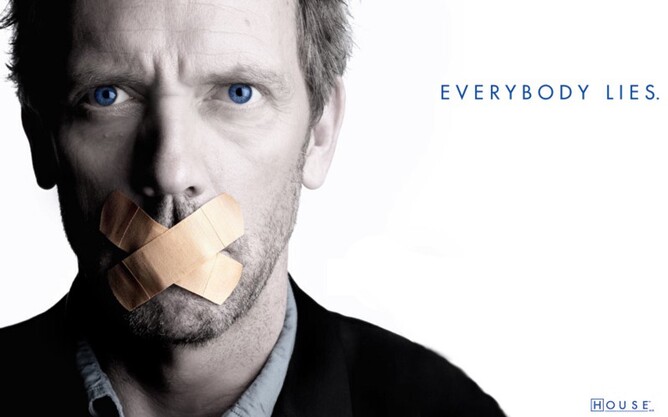Did you tell the doctor the truth when you had your last appointment? What about that niggling twinge? What about those extra drinks you regularly have?
Although you might feel guilty and know that you should be more ‘careful’, you don’t really want to share the information with your doctor. But is it really worth the risk?
Southern Cross have released the results of a survey taken out in November 2015 uncovering the truth about what people lie about to their Doctors.
"Do you smoke? How often do you drink? Do you exercise often? And how much do you spend on takeaways?
These are just some of the routine questions one in five Kiwis lie to their doctor about because they’re ashamed of their unhealthy lifestyle.
This startling stat was discovered during a recent Southern Cross Healthcare Group survey which showed that:
- 22% of people lie to their doctor
- Of those who lied, 35% admitted they could be in better health
- 33% didn’t want to own up to their bad behaviour
- 30% were embarrassed or uncomfortable talking about their health issues
- 25% were afraid of the response
- 17% didn’t want to disclose personal information
Southern Cross Health Society head of clinical operations Geoff Searle says “If there’s one person you should be truthful to it’s your doctor. You might think a white lie here and there won’t hurt, but it could seriously hurt your chances of a long and healthy life.”
The survey found that shame and embarrassment were the main factors stopping people from talking honestly and frankly with their doctors.
Lying about your exercise levels, how much you drink or smoke, or deliberately omitting some of your medical or family history will limit your doctor’s ability to give you the best health treatment, advice and to screen appropriately for a number of problems, says Taradale Medical GP Dr Mark Peterson.
“Doctors with a bit of experience are not going to be shocked or embarrassed by a patient’s admissions about their lifestyle - we have come across most things before. It is much better to be upfront to begin with because the truth usually comes out in the end,” says Peterson.
“Our Code of Ethics means that anything you disclose to your doctor will remain confidential and will only be shared with other health professionals with your permission.
“What’s important is putting aside any embarrassment and being honest about your health – this is the only way to make sure you’ll get the timely advice and treatment you need.”
NOTE: The Southern Cross survey was conducted by TNS online amongst 2002 randomly selected New Zealanders and was carried out in November 2015. Responses were weighted to be representative of the New Zealand over 15 population by age, gender and region.


